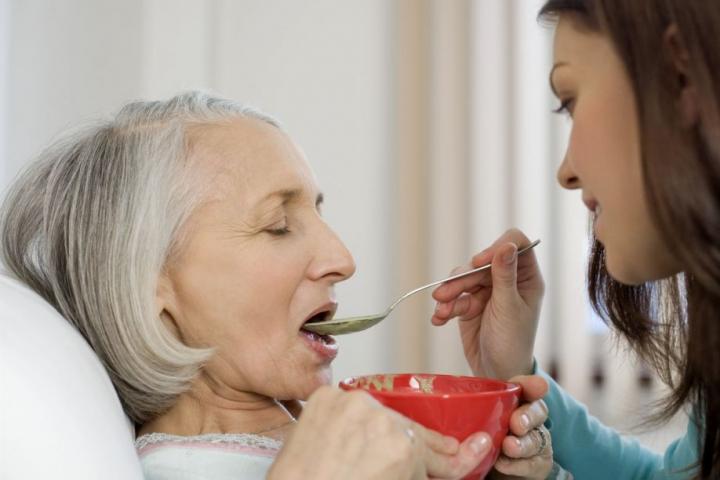
The other day a friend of mine shared an old black and white photo with me from 1970. It was an aerial view of El Mirage Gliderport during the 1970 National Soaring Competition. This was a sport I was actively involved in having soloed at the tender age of 14. I was 19 when the photo was taken and had the responsibility of "Chief Line Boy." I was in heaven! Here was the greatest event of the year, in a sport I was extremely active in and was very passionate about, and I was charged with the responsibility to launch 60 sailplanes using 8 tow planes within an hour. It was one of the greatest experiences in my life! The picture gave me an intoxicating chill as my mind became flooded with the memories of that event: the pressure and anxiety of such a huge responsibility, the thrill of seeing so much activity in such a short amount of time, and the satisfaction of interacting with hundreds of people I cared about and shared something in common with, and being at the very center of all this activity. I can't imagine a better experience for a 19 year old.
And then it dawned on me: I realized that the reason I had been so happy then, and still am today, is that I had two things that all human beings need to feel fulfilled: Purpose and Socialization
Purpose
Everyone needs to feel a sense of value, of worth, of being needed and competent. We have an intrinsic sense of what we are able to contribute to the world around us, and when we lack purpose our satisfaction with life begins to wane. Alzheimer's and dementia care is not different. These patients often lose the ability to communicate in the later stages. Their brains are dying in various ways based on which disease is causing the dementia, and they can't access vocabulary the way they used too. The result is withdrawal. On the outside it appears that there is nobody home inside that head, but the truth is that we retain our emotional needs right up until we die. The people have the same need to feel valued and useful that you and I do, they just can't tell us that.
We can't always include these patients in actual chores that need to be done, but we can use "therapeutic fiblets' to create fantasy chores that they can do: "I have to go to the bank, can you sort these coins for me?", I have a big class to teach today and I need help sorting these pens and pencils, can you help me?" I don't have time to fill out these forms and I need help, could you write ____on these pages for me?"
Socialization
Human beings are wired to be social creatures. We need human contact and interaction to thrive, to grow, and to feel a part of a community. Our dementia patients are no different. Can you imagine how lonely this disease must be? Can you imagine still having the need to be social active and not be able to speak anymore?
When I train my staff, and nurses and caregivers in facilities, I implore them to always remember one caveat when dealing with their dementia patients; "When in doubt-connect". We can do that in one of three ways, verbally, visually, or physically-with our words, our eyes, or with a simple touch.
Your body language is extremely important during these interactions. Be upbeat, happy, bright eyed, and they will get it. Always come towards them from the front down at their eye level and smile. You'll be amazed at how much communicating you can do without using many words at all.
Leave a Comment